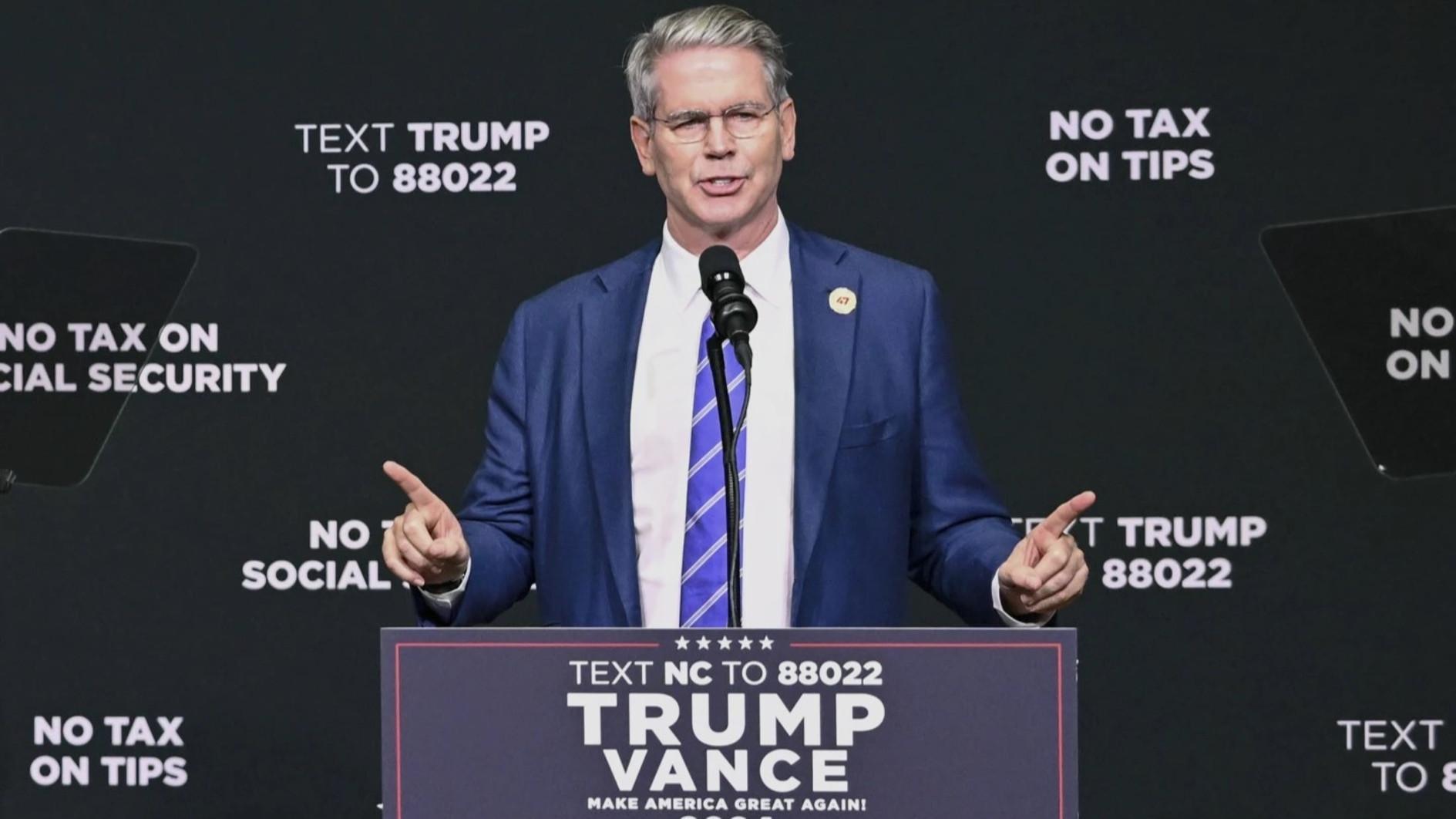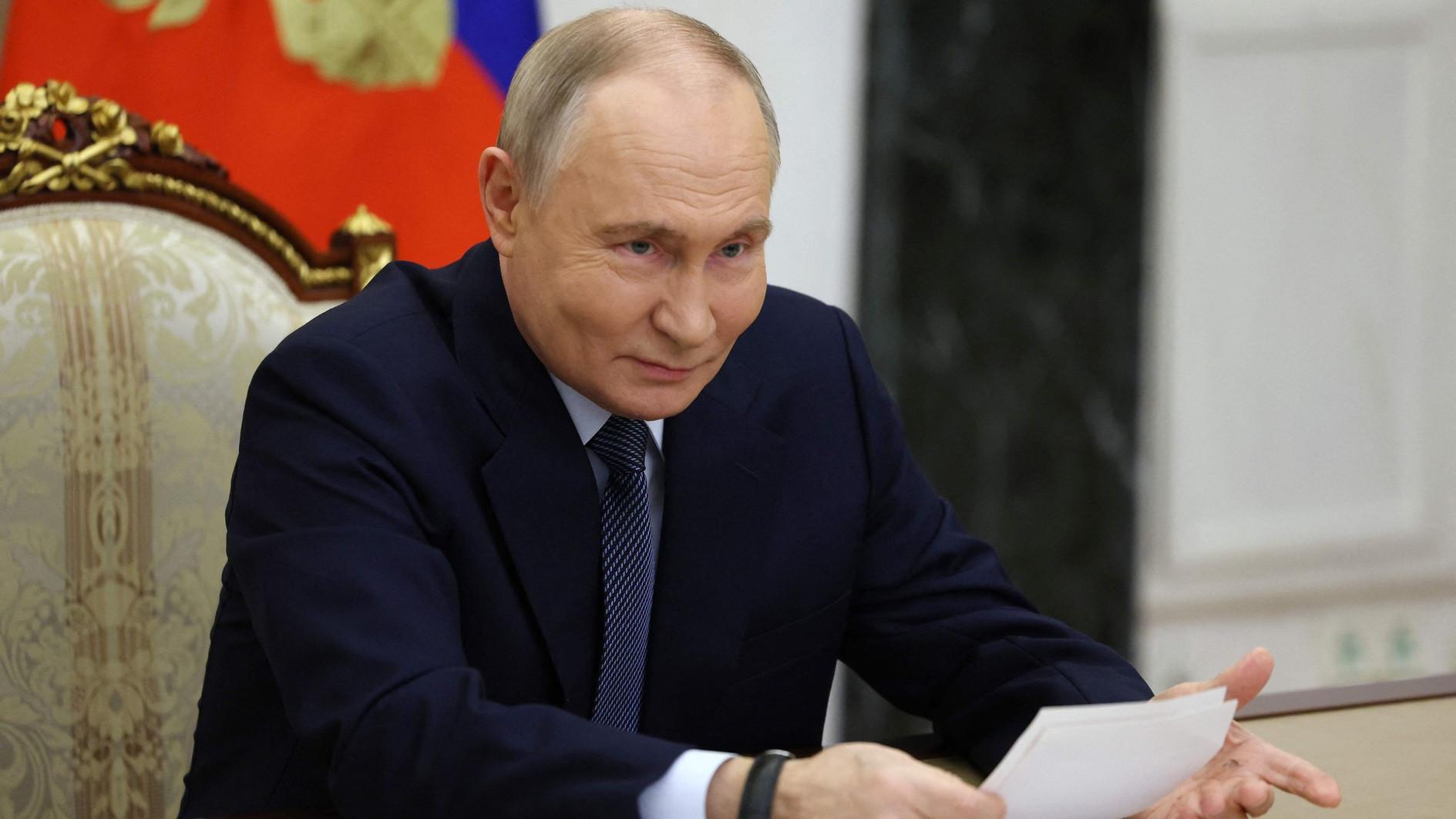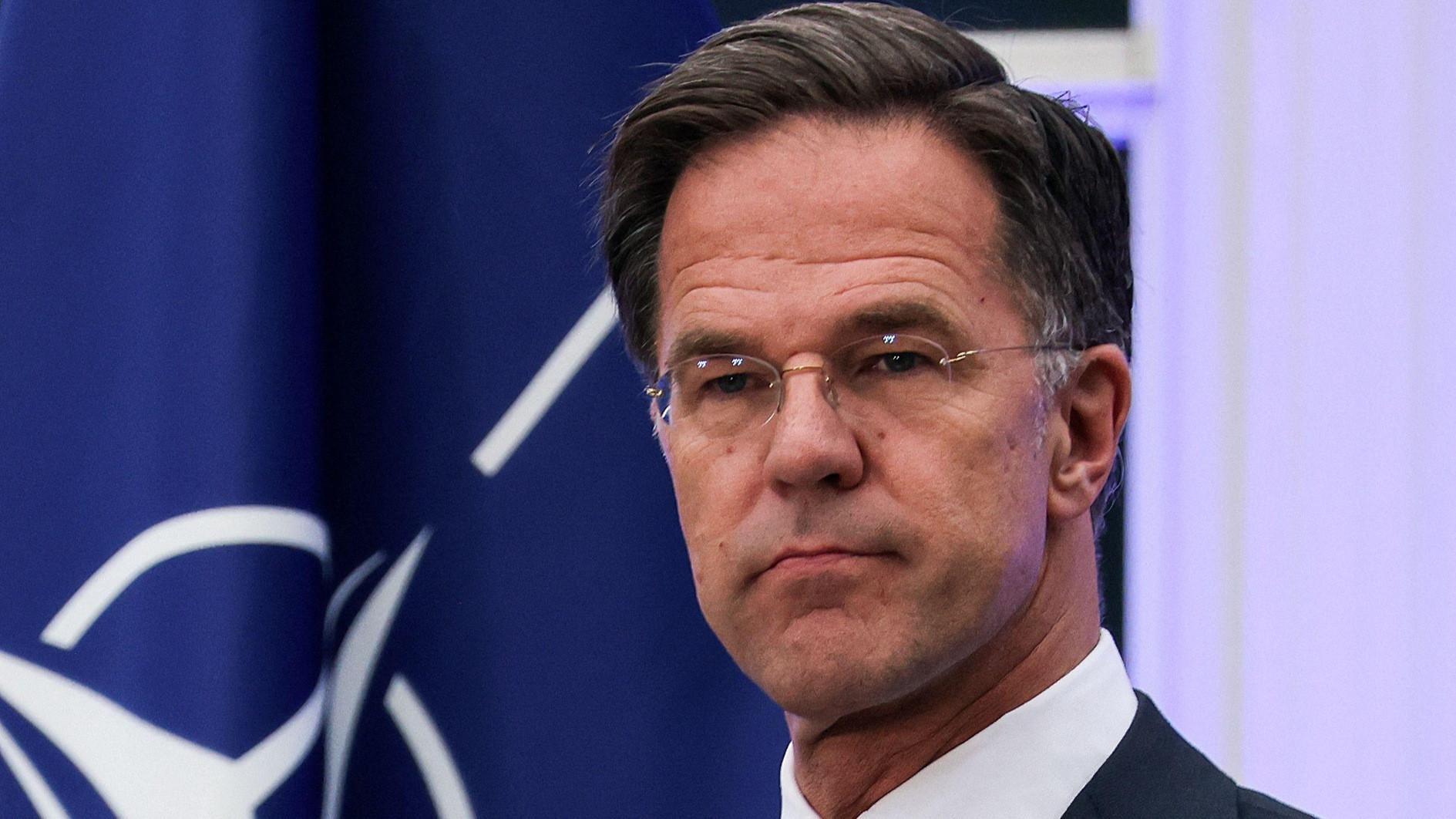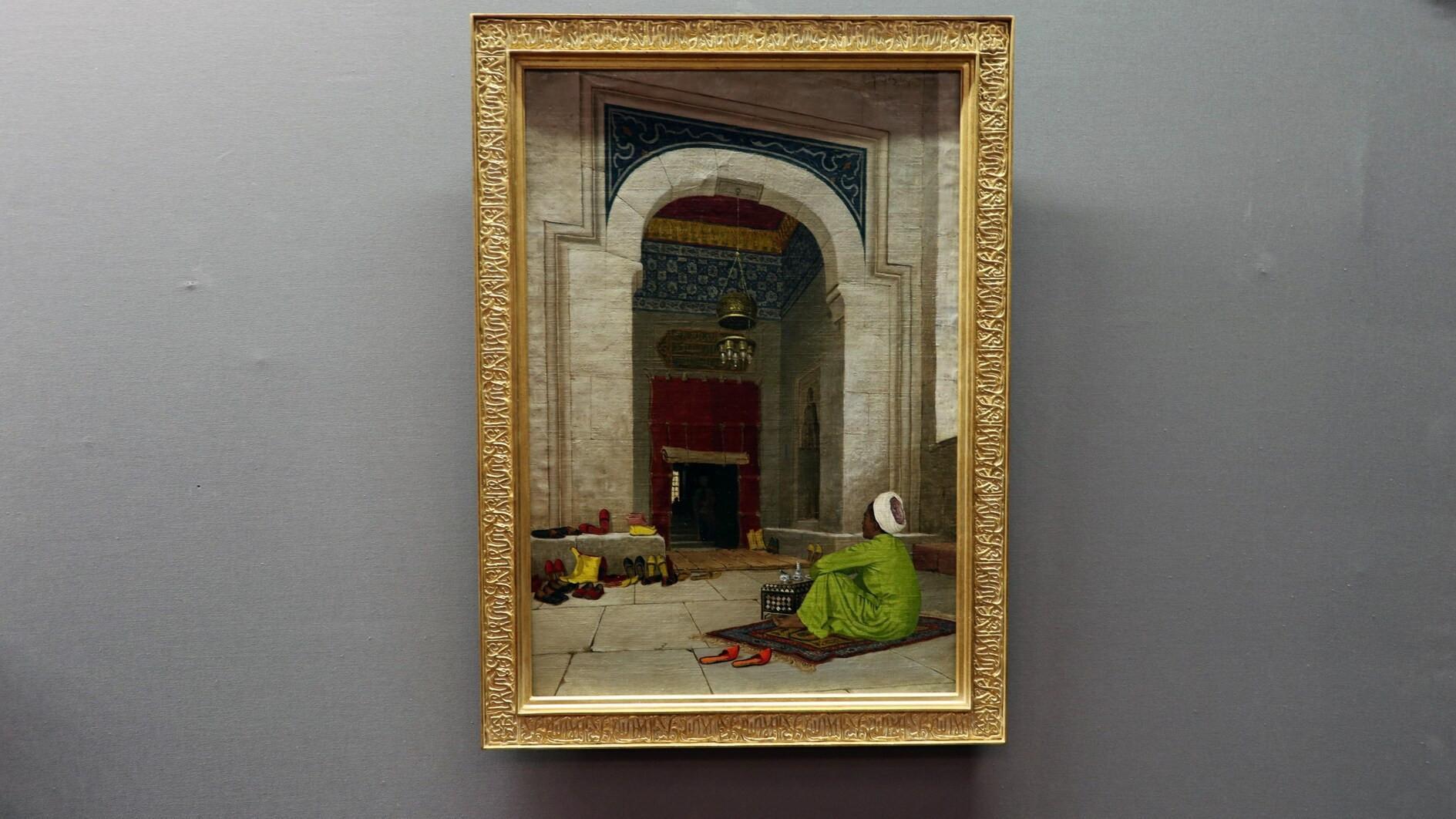Iranian candidates debate economic policies ahead of vote
TEHRAN
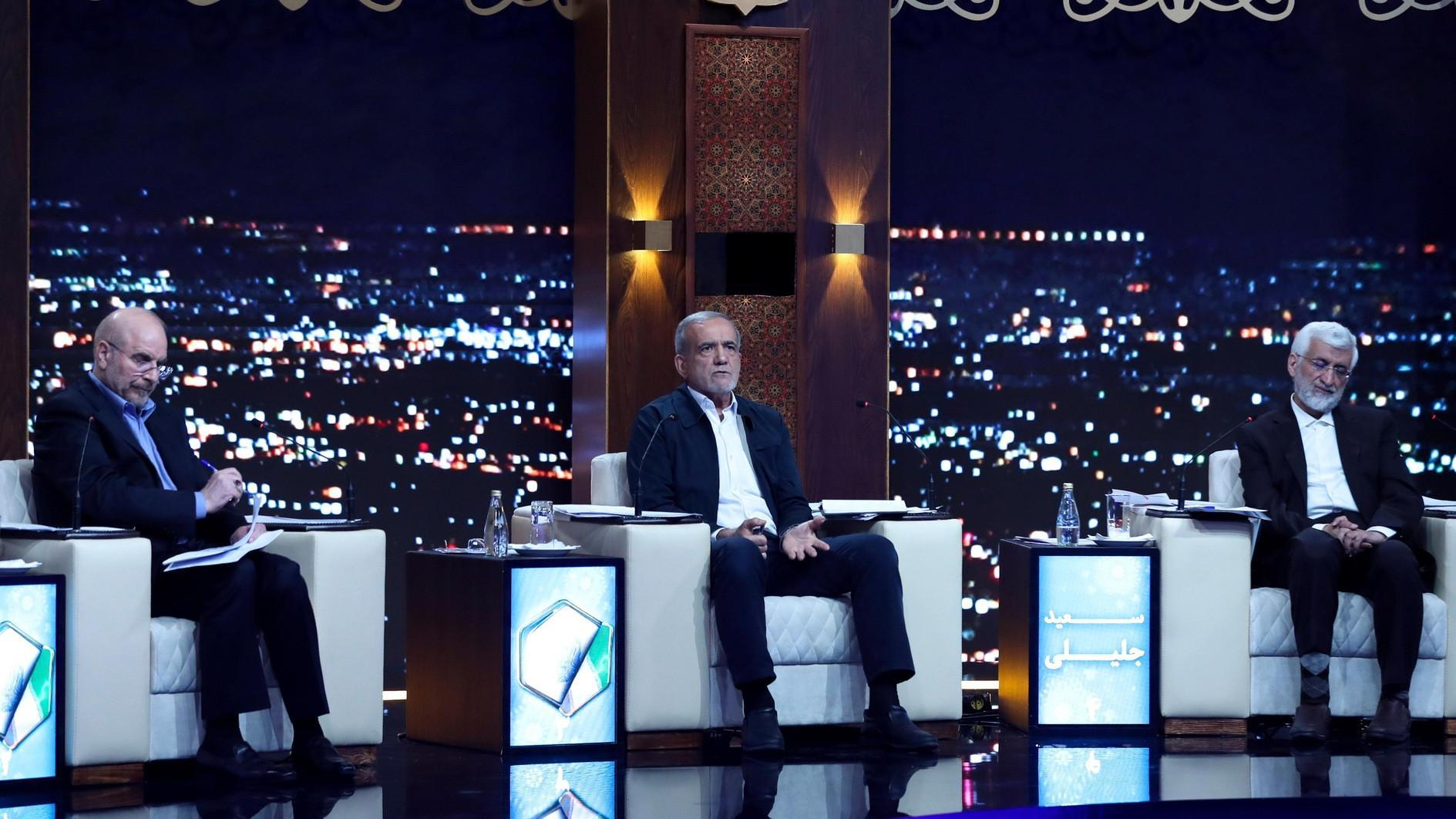
Six presidential candidates have discussed Iran's economic problems in a four-hour live debate on state TV, ahead of the June 28 presidential election following a helicopter crash last month that killed President Ebrahim Raisi and seven others.
It was the first of five debates planned in the 10 days remaining before the vote in a shortened campaign to replace Raisi, a hard-line protégé of Supreme Leader Ayatollah Ali Khamenei once floated as a possible successor to the 85-year-old cleric.
The candidates were to discuss their proposals and plans for Iran’s spiraling economy, struggling under sanctions from the United States and other Western nations.
They all promised they would try and get the sanctions lifted and introduce reforms, but none offered any details. The candidates also discussed inflation, the budget deficit, Iran's housing problem and ways to fight corruption.
The June 28 election comes at a time of heightened tensions between Iran and the West over Tehran’s rapidly advancing nuclear program, its arming of Russia in that country’s war on Ukraine and its wide-reaching crackdowns on dissent.
Five of the candidates are hard-liners while the sixth candidate, lawmaker Masoud Pezeshkian, 69, is a heart surgeon who has the support of some pro-reformers.
The most prominent candidate remains Mohammad Bagher Qalibaf, 62, a former Tehran mayor with close ties to the country’s paramilitary Revolutionary Guard. However, many remember that Qalibaf, as a former Guard general, was part of a violent crackdown on Iranian university students in 1999. He also reportedly ordered live gunfire to be used against students in 2003 while serving as the country’s police chief.
All the candidates pledged to strengthen the country's currency, the rial, which has plunged to 580,000 against the dollar. The rial was 32,000 to the dollar when Iran and world powers reached a deal with world powers in 2015 on capping Tehran’s nuclear program in return for the lifting of sanctions.
The six stayed away from the topic of the tattered nuclear deal


